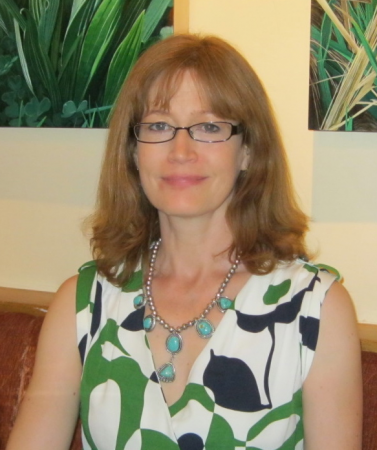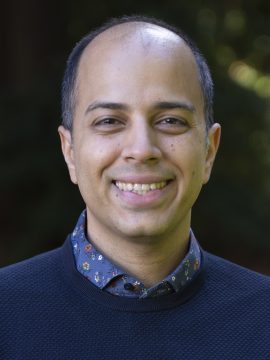Anthropology Colloquium is the department’s speaker series that invites a mixture of anthropologists from within and outside of UBC to present their research. This speaker series is scheduled throughout the academic year, typically with a lunch reception in the AnSo Lounge.
Ethical (W)Holistic Linguistics: Endangered Languages at the Crossroads of Social Science, Humanities, Science, and Community Activism
Friday September 12, 2014
Michael Ames Theatre at the Museum of Anthropology
12:00 – 1:00 pm
Event Poster: PDF
Dr. Gregory D. S. Anderson
Living Tongues Institute for Endangered Languages
Abstract
The linguistics of endangered languages is an innately cross-disciplinary endeavor. Even within the narrow constraints of linguistics proper, the object of study interfaces with a diverse array of topics: acoustic physics (phonetics), the politics of ethno linguistic identity (sociolinguistics, linguistic anthropology), the nature and extent of cognition (psycholinguistics, neurolinguistics, typology) and the deep pre-history of individual communities (historical linguistics or linguistic archaeology). In this presentation I introduce the audience to a framework I have been developing called ethical (w)holistic linguistics. This phrase underscores that the investigation of endangered languages must cover a broad spectrum of disciplines. In order to develop a more fine-grained and nuanced understanding of language(s, it is necessary to understand the socio-historical contexts in which their speakers are embedded. I present some findings from recent and ongoing fieldwork in India, Siberia, North America, South America, Africa, Papua New Guinea and Micronesia. Discussion will move from long-forgotten migrations and population prehistory to examining the still powerful (post-) colonial legacies of the present day, from some of the ways that the language-culture interface is reflected, to key insights revealed by the formal and functional properties of language(s) that help define the extent of, and constraints on, our cognitive abilities. Finally, I finish my discussion with how, despite the many obvious threats to the complex tableau of diversity represented by and in the human ethnoglottosphere, there are still many causes for celebration as well, as emerging technologies open up new channels for community empowerment in the twenty-first century.
Bio
Founder and Director of the Living Tongues Institute for Endangered Languages, Dr. Gregory D. S. Anderson has degrees in Linguistics from Harvard (A.B. 1989) and the University of Chicago (Ph.D. 2000). He also served as lead scientist on the Enduring Voices project, a joint venture between Living Tongues and National Geographic Society where he served as a Fellow of the Society from 2007-2013. He currently holds a Research Fellowship at University of South Africa (UNISA).
Dr. Anderson has authored eleven books and approximately one hundred peer-reviewed studies. He has published widely in the fields of historical linguistics, descriptive grammar, morphology, verb typology, and the linguistics of Munda, Salishan, Ogonoid, Tibeto-Burman, and Nilo-Saharan languages and many other language families.
Dr. Anderson has conducted fieldwork and training sessions for indigenous language activists on every continent, having pioneered the development of multi-media Talking Dictionaries for over 80 languages to date. He was also the subject (along with his Living Tongues Institute colleague David Harrison) of the critically acclaimed film The Linguists by Ironbound Films. He is well known for his 2006 book Auxiliary Verb Constructions from Oxford University Press where he established an entirely new functional and formal typology of auxiliary verb constructions. He is currently completing a book entitled Language Extinction: The Real Threat to Linguistic Diversity in the 21st Century to be published by Cambridge University Press.
Co-Sponsored by: UBC Department of Anthropology, First Nations Languages Program and Museum of Anthropology.



